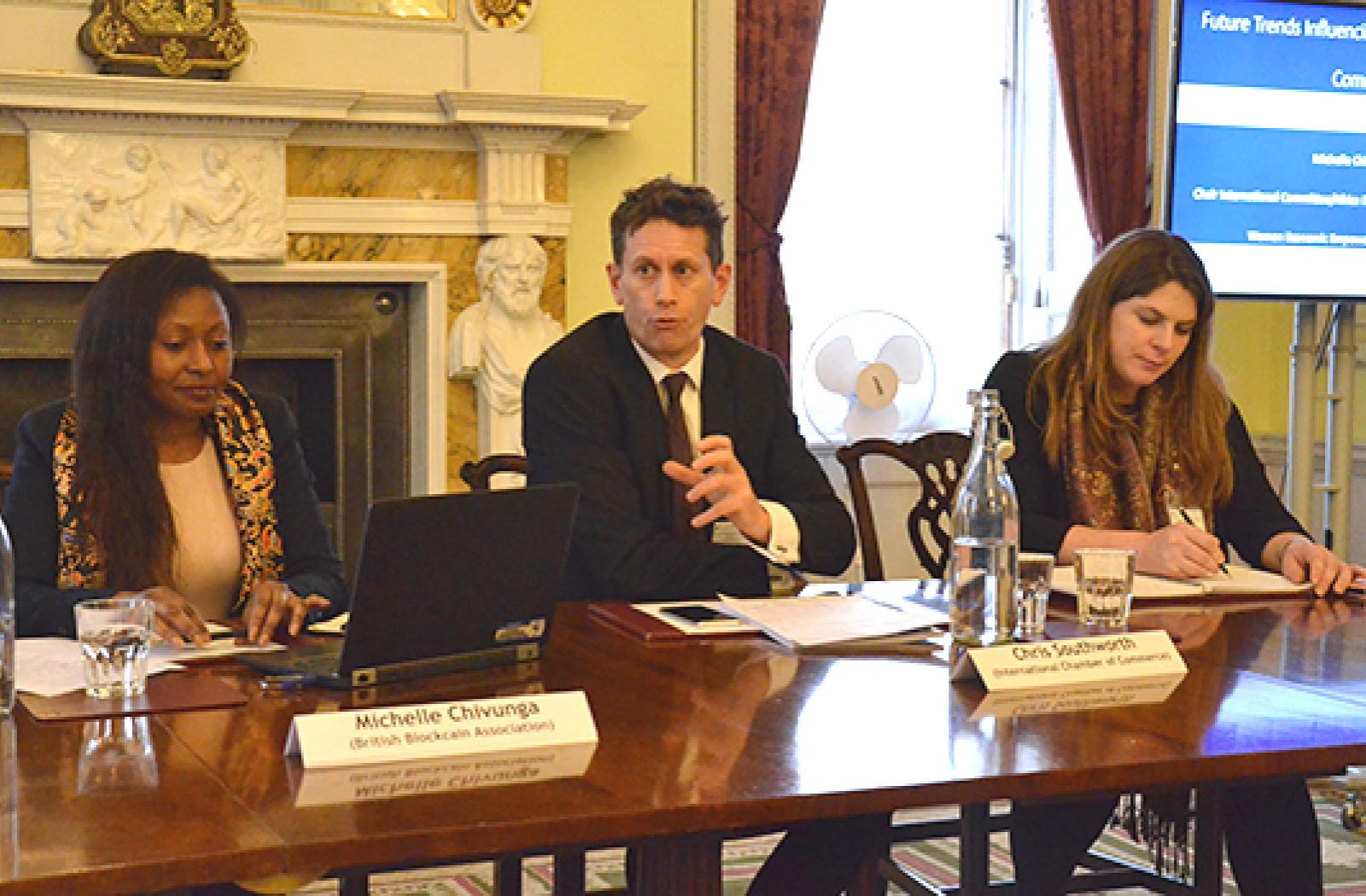Trade officials and experts gathered at the Commonwealth’s headquarters to debate the future of intra-Commonwealth trade in view of emerging trends such as increased digitalisation of services and regulatory barriers.

Trade officials and experts gathered at the Commonwealth’s headquarters to debate the future of intra-Commonwealth trade in view of emerging trends such as increased digitalisation of services and regulatory barriers.
Reflecting on the findings of the Commonwealth Trade Review 2015 and 2018, participants focused on ways to strengthen the rules-based multilateral trading system, deal with rising protectionism and overcome non-tariff barriers.
Delegates at the meeting, entitled Future Trends Influencing intra-Commonwealth Trade and Investment, discussed solutions for member countries to remain adaptive and resilient. They recommended improved connectivity, advanced broadband infrastructure and better market access for small and medium enterprises (SMEs) to overcome such constraints.
Opening the meeting, Teddy Soobramanien, the Acting Head of International Trade Policy at the Commonwealth, said: “There is no doubt that modern technology, the internet of things and more broadly the digitalisation of the economy is shaping the way we trade, what we trade and with whom we trade.” Improving broadband penetration, he said, could be a catalyst for e-commerce development, trade and income generation for many member countries.
Delegates said there was a communication gap between business and political leaders that hindered economic growth. The Commonwealth, they said, could play a critical role in bridging the divide. They encouraged governments to listen to the concerns of the business community, including SMEs, before making multilateral decisions in Geneva that directly impacted them.
Michelle Chivunga, from British Blockchain Association, said that innovations such as block chain technology could help SMEs to interact, grow and contribute more to GDP. “Marginalised groups, refugees and people that have lost identity are often segregated from society with lack of access to economic and financial systems,” she said.
Blockchain technology, an incorruptible digital archive that can record virtually everything of economic value, has the potential to address some of these barriers. “It brings people back into the trading system so they can interact, boost financial and economic inclusion, participate effectively in trade and become empowered,” said Ms Chivunga.
Addressing these issues, while leveraging the ‘Commonwealth Advantage’ will boost trade among member countries significantly. The unique attributes of the Commonwealth Advantage such as common laws, language, and regulatory systems, make trade costs among member countries 19 per cent cheaper, on average, according to Commonwealth research.
The conclusions of the meeting will inform the assessment study for the forthcoming Commonwealth Trade Review 2020.
Download the



